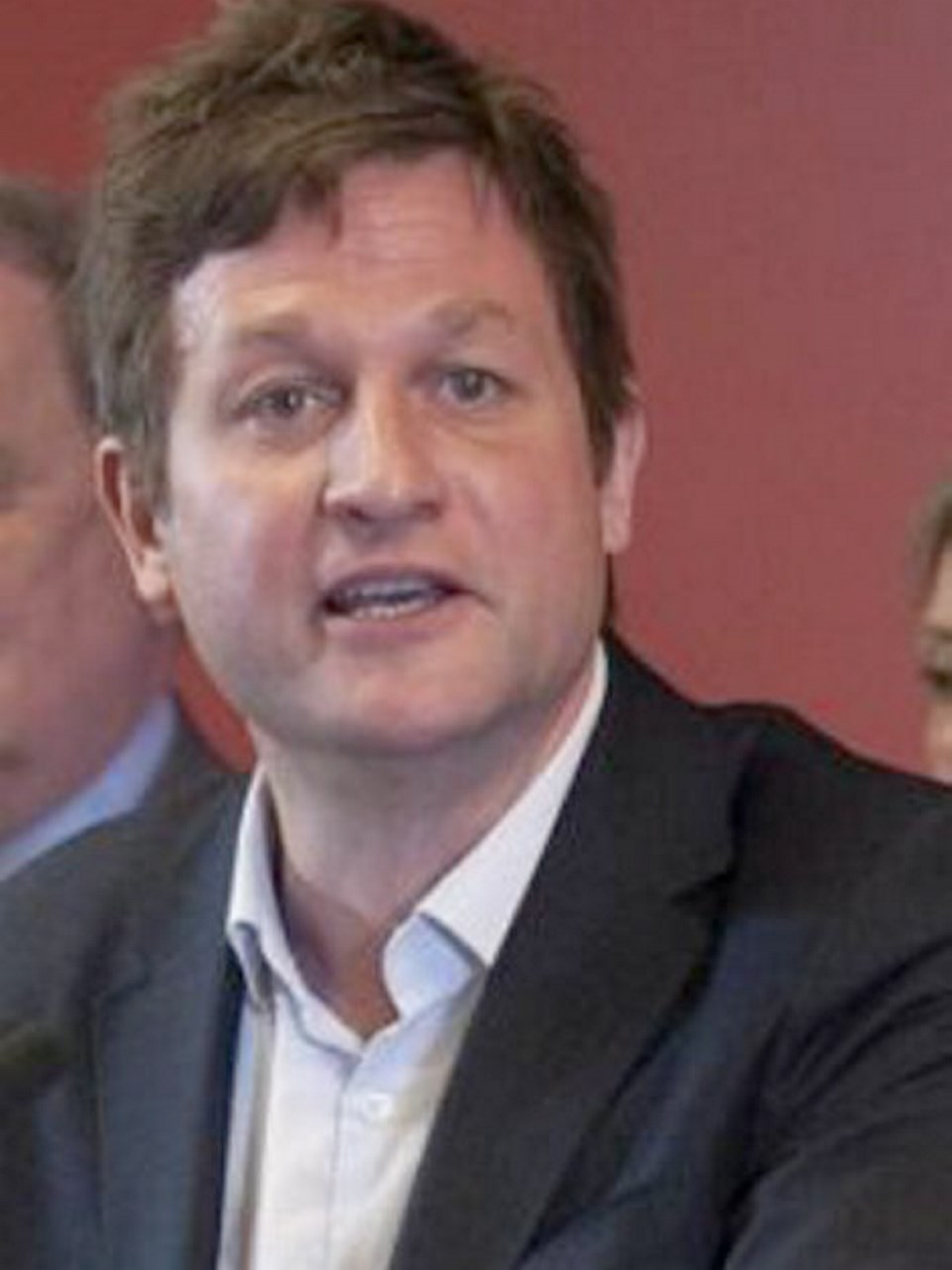While the province and teachers have yet to strike a deal at the collective bargaining table, they’ve found consensus in improving supports for B.C.’s most vulnerable child populations.
Education Minister Rob Fleming says ramping up reconciliation efforts, addressing student mental health and continuing support for gender and sexuality-inclusive SOGI 123 programming are at the top of his priorities as more than 545,000 kids return to B.C.’s public schools next week.
“We have to be focused on students that are vulnerable to mental health and addictions issues — those that are the target of bullying, sometimes on the basis of racism or anti-LGBT attitudes,” said Fleming.
This school year brings a new curriculum for Grades 11 and 12 with a heavier focus on mental health. B.C. has also been expanding the Foundry network of mental-health and addiction support centres and investing in SOGI (sexual orientation and gender identity).
B.C. Teachers Federation first vice-president Clint Johnston says issues such as these have gained prominence in recent years, partly because of the B.C. NDP’s direction and partly because of advocacy from parent groups.
“It is a focus that’s sorely needed,” he said. “There’s a recognition that our system serves the average student quite well, but there are some gaps that need to be made up.”
He sees it as a common thread linking a range of programs. LGBTQ+ students are often more likely to have acute mental-health needs, for example, and resources are scarcer in rural parts of B.C. where there are fewer teachers and support workers.
Indigenous students, whose graduation rate hit a record high of 70 per cent this year but is still substantially less than the figure of 86 per cent for non-Indigenous students, are also a government priority. Fleming highlighted newly introduced Indigenous language programs and an expanded curriculum for First Nations studies courses in upper grade levels and the integration of Indigenous traditional knowledge into other subject areas.
“This is completely different from even 15 years ago,” he said.
Johnston said he eventually wants to see a mandatory class on Indigenous culture for all B.C. students, with ideally the territory on which the respective school is located informing the curriculum.
On the issue of special-needs students, parents and teachers say they’ve had an open ear in Victoria — but some, like Surrey mother Nicole Kaler, want to see more resources for students’ individual education plans and specific needs.
Kaler, a board member with the parental advocacy group BCed Access, says special-needs students are still sent home in cases where schools do not have adequate resources to support and teach them.
“Right now, a lot of our students are still being excluded from schools, or they’re missing out on activities like field trips,” said Kaler. “We want to see some accountability for schools.”
The programming comes amidst an extended collective bargaining session between teachers and the government, which restarted with a mediator earlier this month after the current contract period expired on June 30.
Johnston acknowledged the lack of a new five-year agreement is “absolutely stressful for our members,” but both parties said they remain optimistic and are respecting a media blackout.
“They don’t expect to make up for 16 years of neglect for classroom conditions and teachers wages to be made up for on one short three-year agreement,” said Fleming in reference to the B.C. Liberal government, who he has repeatedly accused of underfunding B.C. schools. “But I think we can find a deal that’s good for teachers and kids and B.C. schools.”



